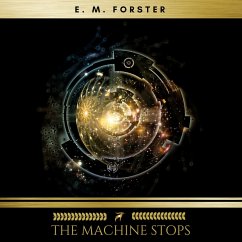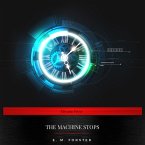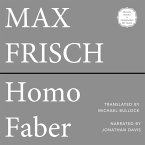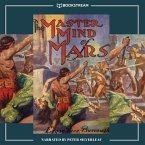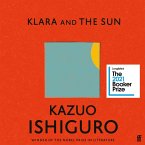The Machine Stops" is a science fiction short story by E. M. Forster. The story describes a world in which most of the human population has lost the ability to live on the surface of the Earth. Each individual now lives in isolation below ground in a standard 'cell', with all bodily and spiritual needs met by the omnipotent, global Machine
Dieser Download kann aus rechtlichen Gründen nur mit Rechnungsadresse in A, D ausgeliefert werden.

